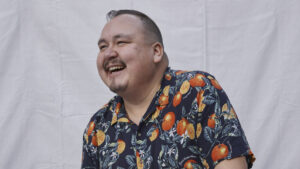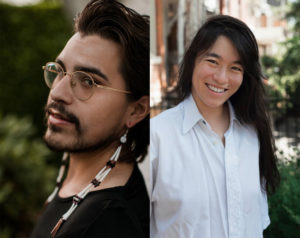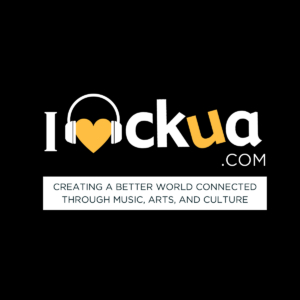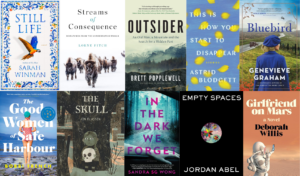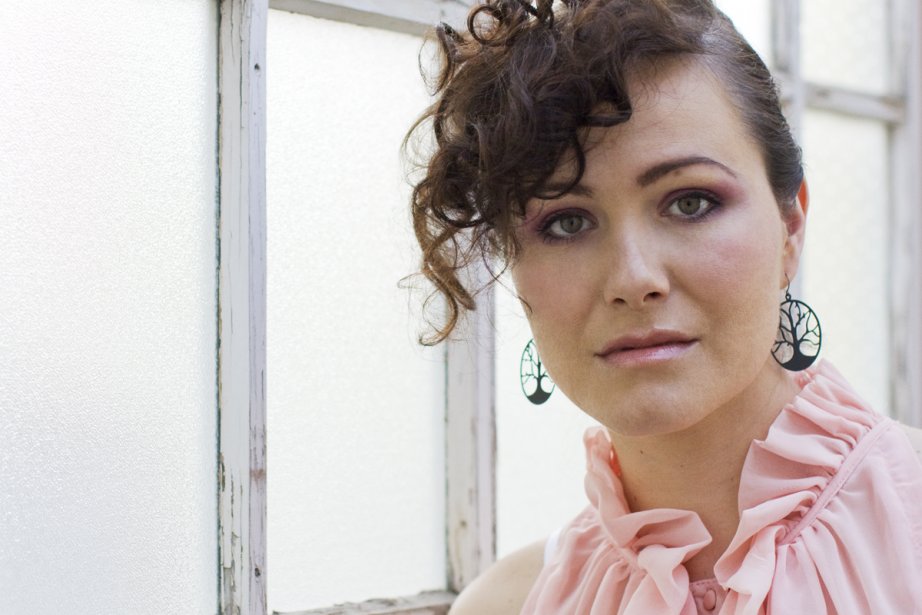
Eekwol is an award-winning hip hop performing artist who uses her music and words to spread messages of resistance, revolution, and keeping the language, land and culture alive for future generations. She’ll be at Banff Centre for Arts and Creativity June 21 for a performance at the Jenny Belzberg Theatre. We recently asked her about her life and her music.
“Eekwol” is a name that you chose for yourself many years ago. How did you choose it?
My original “rap name” was Lowkee. A few kids started going around Saskatoon and claiming the name so instead of trying to prove that it was mine, I flipped it around to Lowkee backwards – Eekwol! It made sense because I was a girl in a very misogynistic genre who always wanted to be respected eekwol-ly!
When did you begin making music, and who were the people and teachers who encouraged you along the way?
I started with hip hop when I was 15. I was born and raised around my family, doing folk and traditional nehiyaw (Cree) music, so I had it in me to pursue what was so natural. Hip hop made sense as an urban kid.
How does your creative work influence your academic work, and vice versa?
They completely intertwine as I am creative and curious, so I love creating, and also researching others who create. My passion is Indigenous people who do music, and I have dedicated my life to uplifting them through my own creative practice and through academic work.
What does it mean to you to be the University of Saskatchewan’s first Indigenous Storyteller-in-Residence?
It was an honour to be recognized as a “storyteller” as I have always strived to have mediums like rap, poetry, and comedy, as considered contemporary storytelling, so when they asked me, I was happy to accept the role. The weird part was that it was 2021, so the pandemic restrictions didn’t allow me to physically be in residence, so it was remote and a lot of Zoom stuff, but still!
What do you love about blending Indigenous culture with hip hop?
I love how hip hop allows me to tell my experience as an Indigenous/settler person growing up in the prairies. I have always acknowledged my roots on both sides, although I was raised mostly with my Indigenous family and community. I am aware of my fair skin and Russian/Polish half, and I tell experience of these complexities in identity and politics around it.


